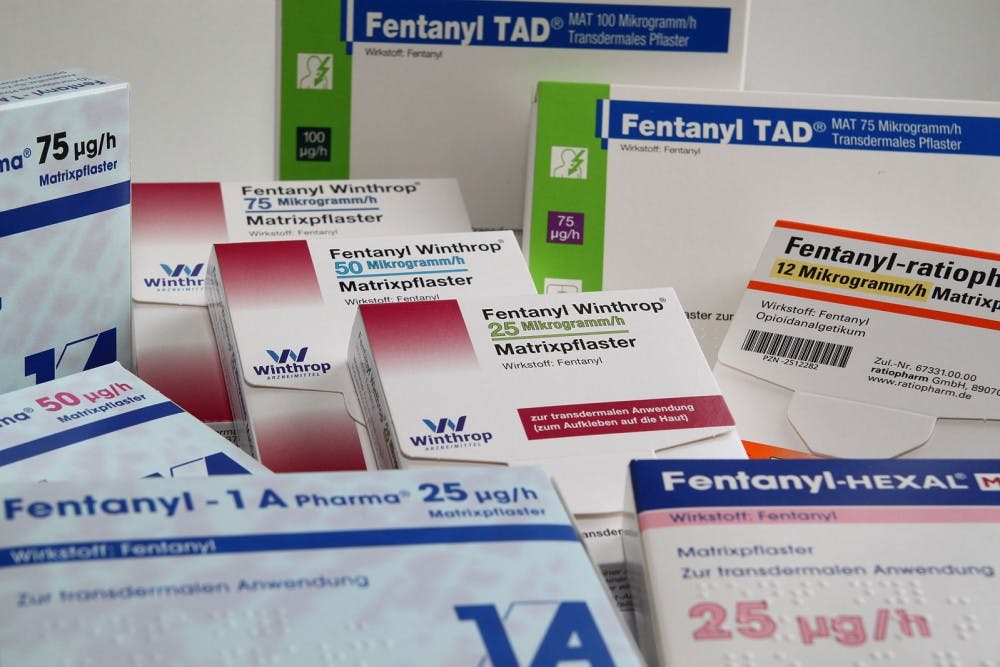As the opioid epidemic continues to plague the nation, Penn Medicine physicians are calling for fentanyl test strips to be more readily available to help identify the lethal drug in patients experiencing overdoses.
Fentanyl is an addictive opioid which is increasingly being pushed out into the market, largely because of its relatively cheap cost compared to other drugs such as heroin. Fentanyl poses risks of severe respiratory depression and death, particularly among those without opioid tolerance, according to a Penn Medicine press release published on Nov. 1. Penn Medicine physicians are also calling for more rapid, coordinated responses to combat the growing opioid crisis in Philadelphia.
“This outbreak is indicative of a larger problem with fentanyl in the city that we need to continue to quickly act on,” said Penn Medicine professor Jeanmarie Perrone in the press release. “As demonstrated by this cluster, fentanyl overdoses are the leading cause of illness and death associated with opioid overdoses, which highlights the need for more testing strips that tell a user if their drug supply is tainted.”
Perrone added that having the test strips, which would be in the form of urine drug tests, would help people avoid unintentional fentanyl use and reduce the risk of overdose.
Penn Medicine said that fentanyl was found in nearly 85 percent of Philadelphia overdoses in 2017. Governor Tom Wolf declared Pennsylvania's opioid and heroin addiction crisis a statewide disaster emergency in January.
In September, Penn student-led Medical Emergency Response Team (MERT) also started carrying Narcan — a nasal spray that quickly revives overdosed patients.
Penn professors have also been leading nationwide efforts against the opioid epidemic, including looking at the ways opioids are prescribed to patients. The REDUCE study, a collaboration between Penn professors Amol Navathe and Mitesh S. Patel and the Sutter Health System in Northern California, is attempting to reduce the amount of opioids prescribed by doctors.









